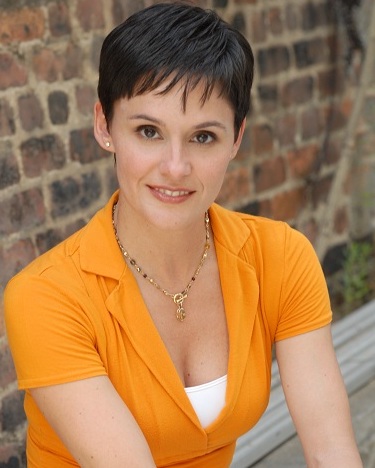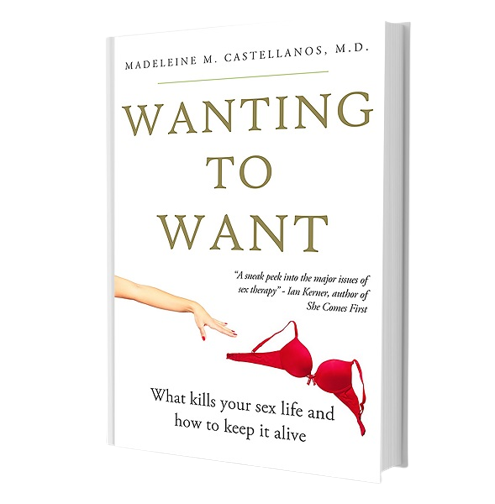Can Sexual Desire Last?

Why is the lack of sexual desire so common in the sex lives of millions and millions of people? Why is it so difficult to keep the thrill and excitement over time, even with the best of partners? If it’s happening to you, I want you to understand that you are not alone. Studies show that up to 52 percent of women and up to 28 percent of men have difficulty with low sexual desire at some point in their lives, depending on their age. So what is going on?
Loss of sexual desire is a very common problem.
Many people wonder if there is something wrong with them, and they just want to feel normal again. Others are convinced that they aren’t attracted to their partner anymore and give up. For many people, it becomes easier to ignore the problem than to deal with it—they convince themselves that they don’t need sex in their lives or that they just aren’t very sexual. Certainly, the older you get and the more complicated your life becomes, the easier it is to put your sexuality on the back burner.
Sexual desire is controlled by your ever-changing brain.
In my book Wanting to Want: What Kills Your Sex Life and How to Keep It Alive, I explain how sexual desire is fueled by the attention center in your brain. At the beginning of a relationship, your brain is rewarded for paying attention to every little detail of a person, and sexual desire is enhanced by novelty and discovery. Because your brain works to be efficient, it gives less attention to the same person over time since there is little new information to be gathered in that interaction. Don’t blame your brain for this, it’s what helps you learn and function in the world.
How can I keep sexual desire going, even in a long-term relationship?
Just because your brain is wired this way doesn’t mean that you can’t continue to have strong sexual desire. Your desire is influenced by the amount of pleasure you have, how you feel about your own sexuality, and how you feel toward your partner. By understanding how to optimize each of these, you can learn how to continue to experience powerful sexual desire for years to come. Most people wish for it to magically happen for them (as it did at the beginning of the relationship), so they get discouraged when they think of putting any effort into keeping this desire alive. Once they understand what their role is in maintaining their sexual pleasure and desire, they can switch their mindset to work for desire rather than against it.
What you need for lasting sexual desire is not a quick fix, it’s a change in mindset.
Lasting sexual desire comes when your experiences around sex lead you to want to have more sex. Positive sexual encounters are influenced by your expectations, anxiety, distractions, and how you feel emotionally with your partner. In Wanting to Want I give steps to take to maximize your sexual pleasure for lasting sexual desire. Since your sex life is intimately tied to your overall health, I also teach you how to nurture your sexual self for increased health and happiness.
Dr. Castellanos is a psychiatrist specializing in sex therapy for over 25 years, including treatment with bio-identical hormones, and functional medicine consultations. You can follow her on Instagram at thesexmd, Facebook at The Sex MD, and X at @DrCastellanos.










Thank you for the article. I am 74 on Androgel because I have one testicle since birth.
My doctor is telling me I am at risk for a heart attack. He wants me to stop using the hormone. I am worried I will lose my desire and ability to have intercourse with my wife. What is your opinion?
Lewis, thanks for your question. If you are already on testosterone, I assume that he has tested your testosterone levels BEFORE you placing you on it. Have you ever had difficulty with arousal or with getting an erection? Interestingly, there is quite a bit of variation in testosterone levels and levels of sexual arousal. Perhaps he could lower your testosterone a little so that it is more physiological for your age and see how you feel? If he is concerned about heart attack risk, you would be best evaluating this by checking Carotid Artery Intimal Media Thickness, Coronary Artery Calcification, CRP levels, and homocysteine levels.